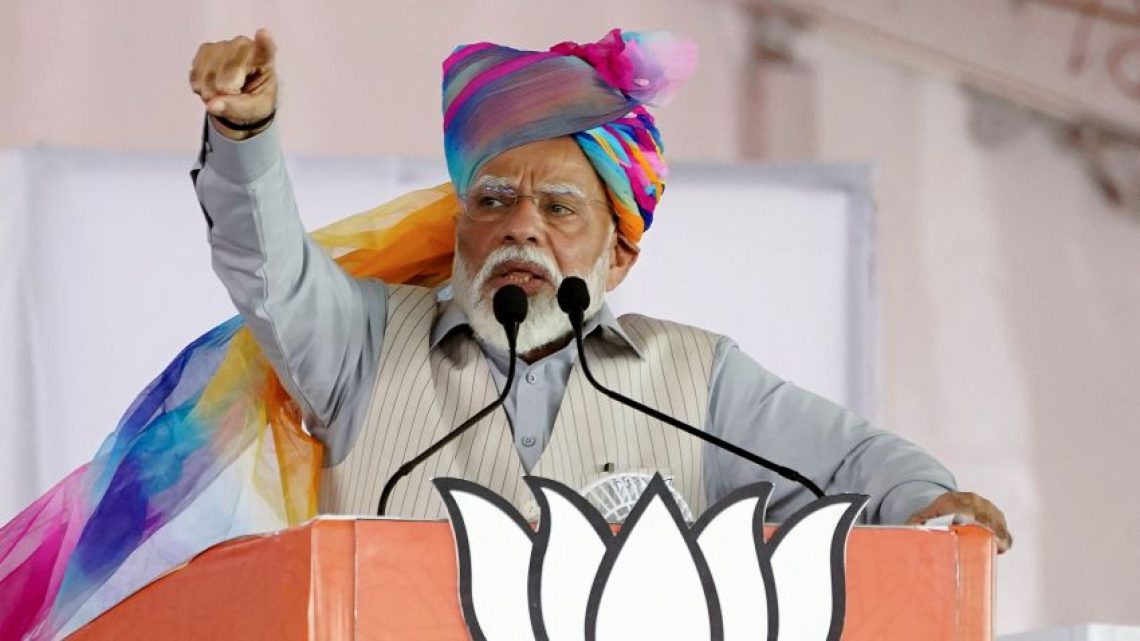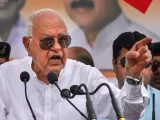
Modi’s Controversial Remarks About Muslims: Fueling Religious Divides in India
April 24, 2024Indian Prime Minister Narendra Modi’s recent remarks during a political rally in Rajasthan have stirred controversy, sparking accusations of stoking animosity towards Muslims. Modi’s equating of the Muslim community to “infiltrators” and peddling anti-Muslim rhetoric in the midst of general elections has drawn sharp criticism.
Addressing a fervent crowd in Rajasthan, Modi insinuated that if the opposition, led by the Congress party, were to come to power, they would redistribute the country’s wealth among those with larger families, a thinly veiled reference to Muslims. He rhetorically asked the audience whether their hard-earned money should go to “infiltrators,” further alleging that the opposition would even confiscate traditional Hindu wedding necklaces if given the opportunity.
These remarks have prompted complaints from various quarters, including the Azad Adhikar Sena, a regional political party, and a local non-profit organization, urging the suspension of Modi’s election campaign and his subsequent arrest. Such statements not only violate India’s election code, which prohibits the propagation of religious or caste differences during campaigns, but also exacerbate existing tensions.
It’s not the first time Modi’s rhetoric has been called into question. His Bharatiya Janata Party (BJP) and its allies have long depicted India’s Muslim population, which numbers around 200 million, as outsiders, particularly targeting Muslim asylum seekers and refugees from neighboring countries. The perpetuation of conspiracy theories suggesting that Indian Muslims aim to outnumber Hindus in the country through higher birth rates has further fueled religious divides.
However, government data contradicts these claims, showing that the Muslim fertility rate in India has significantly declined over the past three decades, undercutting the narrative of deliberate demographic manipulation. Despite this, Modi himself has perpetuated such stereotypes, notably in the aftermath of the 2002 Gujarat riots, where he served as chief minister, by dismissing relief camps as “baby-producing factories.”
While Modi’s recent reelection campaign primarily focused on his government’s economic and social achievements, his comments in Rajasthan reveal a departure from this narrative. By resorting to divisive rhetoric, Modi risks undermining the progress made in promoting religious harmony and social cohesion.
The sluggish response of election officials to complaints against Modi underscores broader concerns about the impartiality of India’s electoral process, particularly when powerful officials are involved. Critics argue that such leniency enables the perpetuation of religious polarization for political gain, undermining the democratic principles of secularism and equality.
As India suffers deepening religious divides, Modi’s inflammatory remarks serve as a reminder of the importance of fostering inclusivity and tolerance in the country’s political discourse. Failure to address these issues not only threatens communal harmony but also undermines India’s democratic ethos and international standing.

